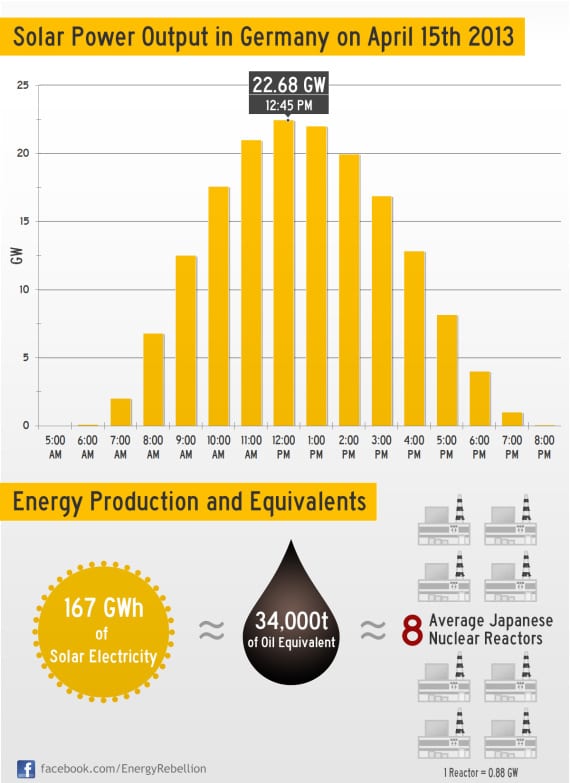
It is possible to find an Energy Star-certified contractor to help you build a home with an efficient HVAC system. The good news is the EPA offers a range of tools to help contractors search. If you're looking for a tax credit for energy efficient HVAC systems, the EPA has a number of tools that you can use to find contractors.
Homes that are Energy Star Certified
The ENERGY STAR Certified Homes programme was established in 1995. It has gone through many changes over the years to conform to the codes and builder standards. Today's ENERGY STAR Certified Home is a substantial improvement on a non labeled home. You can learn more on the ENERGY STAR Certified Homes Website.
ENERGY STAR Certification has been given to manufactured homes as well as affordable housing. Homes certified as ENERGY STAR can be built to be more energy efficient and to help homeowners save money. This certification is widely accepted by more than twenty states governments and housing finance programs. While not all homes will be eligible for ENERGY STAR Certification, ENERGY STAR homes meet or exceed strict standards.

Requirements for the ESVI Program
You must meet all requirements to become an ENERGY STAR Verified Contractor HVAC Contractors. The EPA, along with other energy organizations, are looking to find HVAC contractors who provide the best HVAC design and installation practices. Earning this credential gives contractors a marketing tool and access to the leading builders in the industry. Contractors who have this credential have less complaints and sell higher quality products. Independent oversight organizations have been established by the EPA to train and supervise contractors in order to make sure they meet all requirements.
ESVI is based on the Air Conditioning Contractors of America's HVAC Quality Installation Standards. This certifies that contractors meet these standards and have installed energy-efficient HVAC system. This certificate is valid for one year and identifies a contractor's commitment to the highest level of energy efficiency. There are many other benefits that homeowners can enjoy. The ESVI program is a great investment for both the homeowner and the HVAC contractor.
Credentialing requirements
HVAC contractors must fulfill several criteria to be eligible to work in homes with the ENERGY STAR certified. Credentialing involves an assessment of the contractor's qualifications, experience, and training. Contractors must have at least a basic knowledge of energy-saving HVAC equipment and know how to calculate it. These requirements are meant to decrease energy consumption, increase comfort, and improve the home's durability.
The EPA has outlined what HVAC contractors need to do to qualify for this credential. This is to ensure that the client has peace of mind knowing that the home meets EPA standards for energy efficiency. Performance Point will inspect the final inspection, which may take a few weeks or days. HVAC contractors who have earned this credential can install energy-efficient system.

Credit for tax
The federal tax credit for energy efficient upgrades can be applied to HVAC systems that are new or upgraded. Energy-efficient HVAC systems can be eligible for the Residential Energy Efficient property credit, which is worth up $500. If you are considering upgrading, be sure to check the system's ENERGY STAR(r). Visit AHRI's site to see if your system is eligible for this credit.
The federal government is also offering tax credits for energy-efficient HVAC contractors. These credits are deductible from your income. Many local energy companies also offer rebates to customers who purchase Energy Star appliances and LED lighting. There are many options for finding these incentives. Visit the ENERGY STAR Rebate Finder if you are interested in saving money when installing new HVAC systems. To find out if any rebates or credits are available, please contact your local utility.
FAQ
What is the purpose of the service agreement?
A Service Agreement is a contract that defines the terms and conditions under which a customer can purchase goods from your company. It also specifies how you will deliver those services to them in return for payment.
The most widely used type of this document is a Sales Order Form. You will need to state the products and prices that are being purchased by your customer. You then list any other items included in the order, such as delivery charges, VAT, insurance, etc. Finally, you specify when the order should be delivered and paid for.
You can use different documents depending on the nature or transaction.
If you are offering a service instead of selling products, an invoice might be appropriate.
You would probably use a Purchase Order Form if you buy something from someone else.
When drafting a sales order form, include all the information required.
Keep in mind: The more detailed the sales order form, the easier it is for the buyer.
What happens to one party if they don't want the other side?
Failure to fulfill your obligations under the agreement can lead to the law allowing the other party to declare your promise null and sue you for damages. Damages are the amount owed, plus interest, court costs, legal fees.
What is a standard contract form?
A standard contract form can be used as a template to create contracts. These templates usually contain all the essential elements of a contract, including the date, time, place, and parties involved.
Standard contract forms can be modified to suit individual clients. For instance, some companies offer their standard contract forms.
These forms may be not suitable for every situation. These forms can save you time and effort.
These standard contracts are worth looking at.
What is a Service Agreement template?
A service agreement template is a document which contains all details about a specific service agreement. A service agreement template is used to create a standard form of agreement.
Service agreements are important as they establish the relationship between two people.
They enable both parties to understand the other's expectations and needs. They help both sides understand each other's expectations and needs before signing the deal.
Statistics
- While we offer all our high-quality services at competitive prices, we know that many who need our services are on fixed incomes, so we offer a 10 percent discount for seniors and military members. (homeservicecontractorsinc.com)
- (1) Ascertain the extent to that offers are based on the payment of overtime and shift premiums; and (2) Negotiate contract prices or estimated costs without these premiums or obtain the requirement from other sources. (acquisition.gov)
- (3) The contracting officer may provide for a contract price adjustment based solely on a percentage rate determined by the contracting officer using a published economic indicator incorporated into the solicitation and resulting contract. (acquisition.gov)
- Don't take their anger personally, they are mad about the situation 99% of the time. (activatemylicense.com)
- (d) Contractor disputes related to compliance with its obligation shall be handled according to the rules, regulations, and relevant orders of the Secretary of Labor (see 41 CFR60-1.1). (acquisition.gov)
External Links
How To
What is the difference between a service agreement and a contract?
A service contract is an agreement between a provider and a customer to provide services. It creates a binding obligation for both the provider and customer. The service term refers to products, information, advice, and other services provided by a company. However, it does not include financial services.
Contracts are legally binding documents that outline the terms and conditions of business relationships. If you buy a product directly from a retailer, you've entered into a contractual agreement. You have the right to make payment for the item in due time. When you accept employment, you are entering into a contract.
A service agreement does not require any formal documentation. A service agreement written is not often used in practice. Instead, verbal agreements are standard.
A service agreement offers many advantages over a contract.
-
A service agreement allows for greater flexibility than a contract.
-
It allows a service provider to change its mind without penalty.
-
It gives the service greater flexibility in deciding how to deliver the agreed-upon service.
-
It is a record of the promises made.
-
It is much easier to make a complaint against a service provider.
-
It is less expensive to prepare a service arrangement than a contract.
-
It is less likely it will result in litigation.
-
It is more simple to terminate an agreement for service than a contract.
-
It's easier to modify a service contract than a traditional contract.
-
A service agreement can be used to establish an ongoing relationship.
-
It is possible to divide the cost of drafting service agreements with third parties.
-
When drafting a service contract, it is possible to include a provision that requires arbitration.
-
It is possible to include provisions concerning confidentiality, nondisclosure, and proprietary rights.
-
You can specify the duration of the contract (e.g. one year).
-
It is possible for the service agreement to be subject to a certain condition precedent.
-
It is possible to say that the service provider is liable only for negligence or gross negligence.
-
It is possible to limit liability for consequential damages.
-
It is possible for the service supplier to enter into another contract with a different customer.
-
In certain situations, notice can be given of termination.
-
It is possible to require the service provider to provide a warranty.